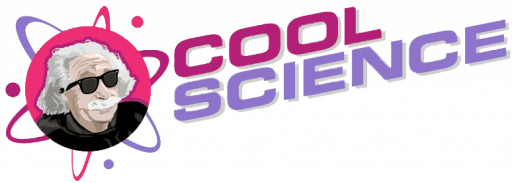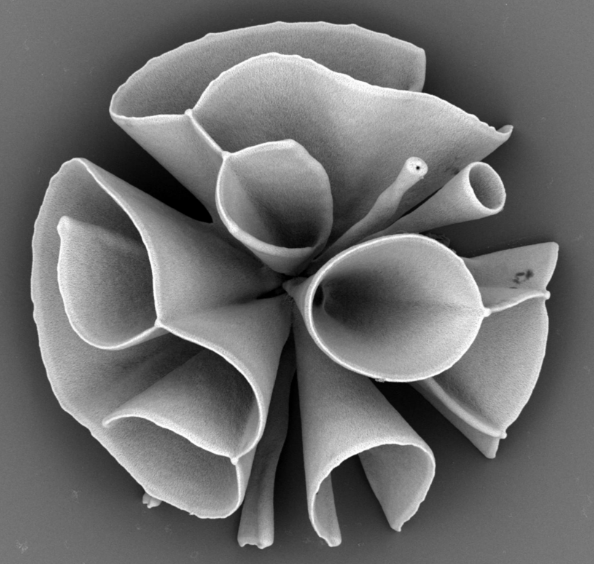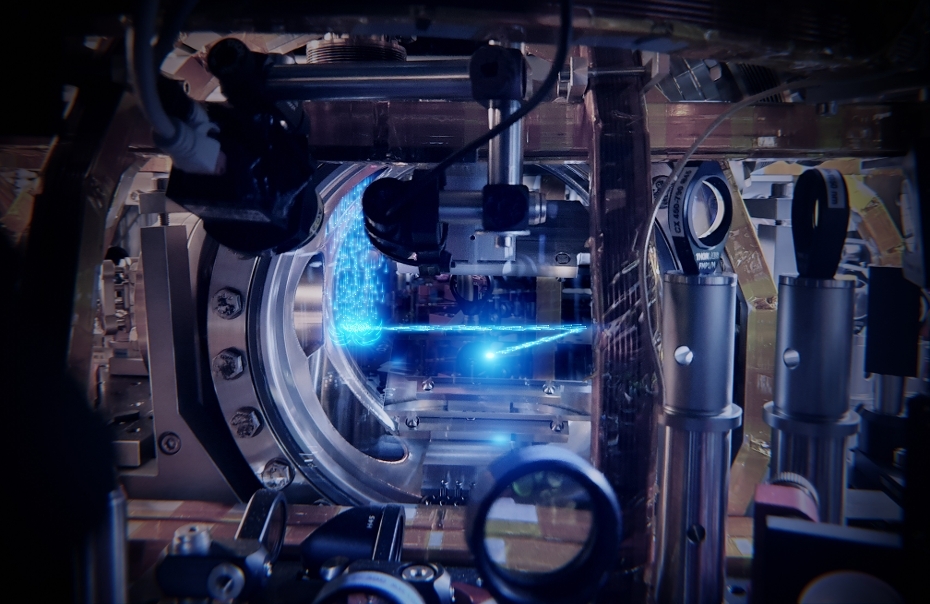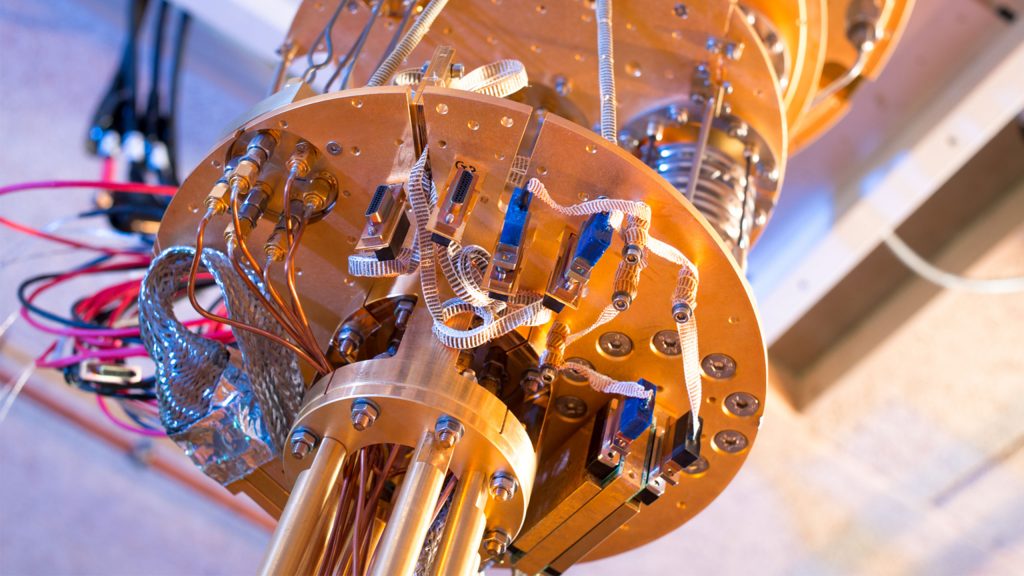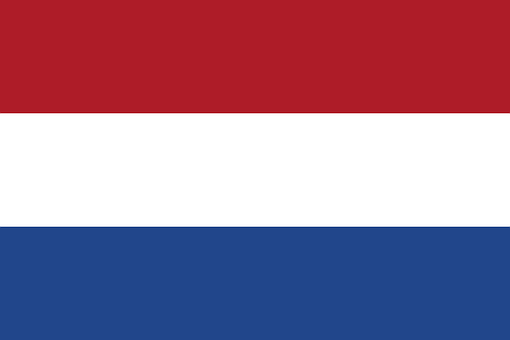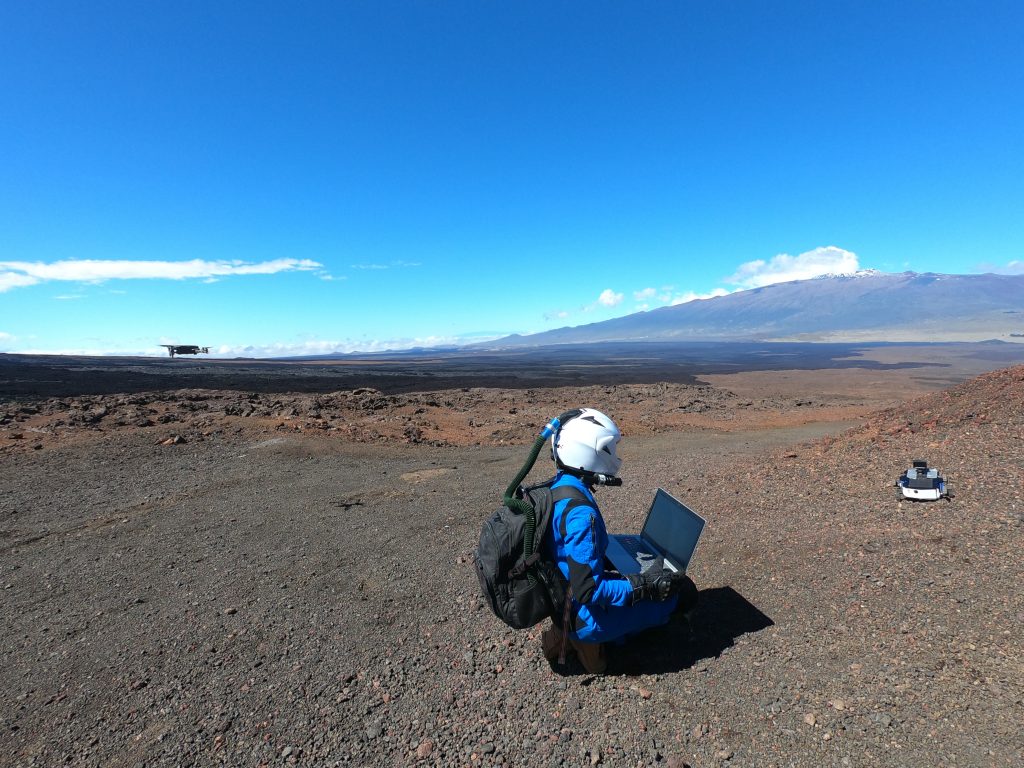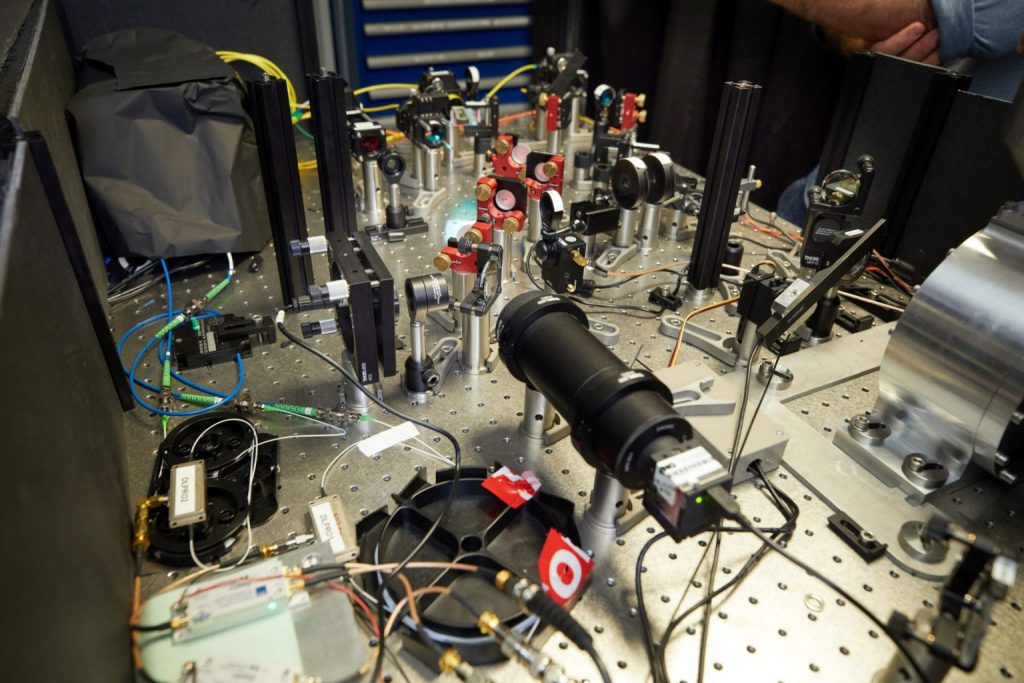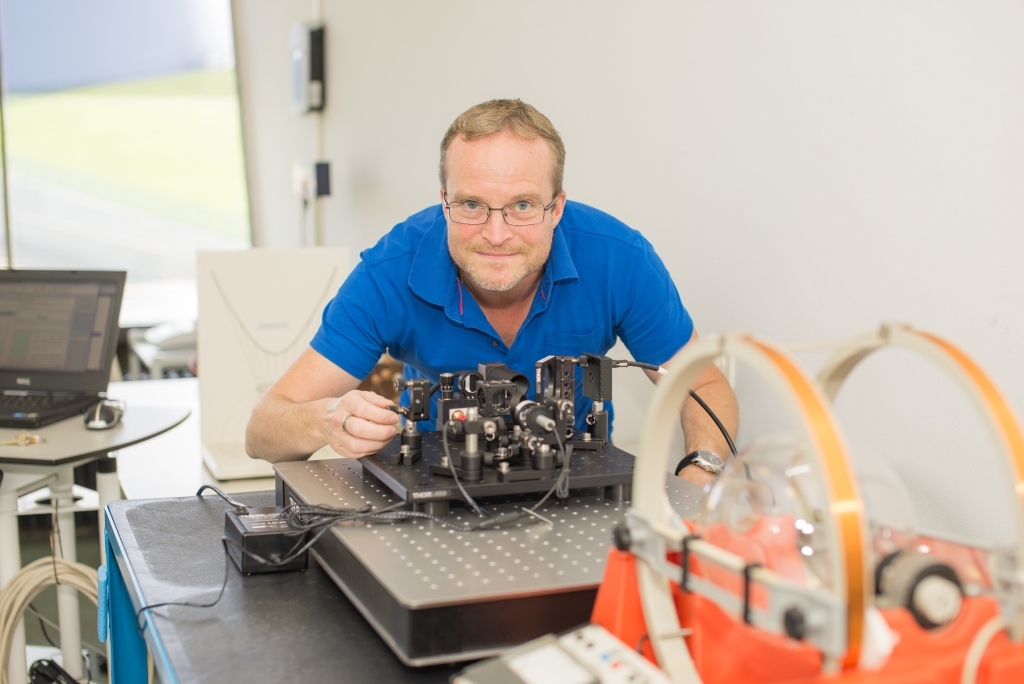Marloes Bistervels ontwikkelde een methode om met licht het complexe proces van kristalgroei met ‘micrometerprecisie’ onder controle te houden. Haar promotieonderzoek bij AMOLF opent nieuwe mogelijkheden om functionele biokristallen te maken. ‘Zodra je die sweet spot vindt, kun je de mooiste vormen maken.’
Category:Top articles
Physics World: Quantum teleportation opens a wormhole in spacetime
The equivalent to a wormhole in spacetime has been created on a quantum processor. Researchers in the US used an advanced quantum teleportation protocol to open the wormhole and send quantum signals through it. By studying the dynamics of the transmitted quantum information, the team gained insights into gravitational dynamics. The experiment could be further developed to explore quantum gravity or string theory.
Nederlands Tijdschrift voor Natuurkunde: De continue-atoomlaser eindelijk in zicht dankzij ‘oneindig’ Bose-Einstein-condensaat
Onderzoekers van de Universiteit van Amsterdam hebben voor het eerst de basis van een continu-atoomlaser gelegd. Dit type lasers kan voor een doorbraak zorgen in ultra-precisiemetingen en kan bijvoorbeeld worden gebruikt voor metingen aan zwaartekrachtgolven of voor het vinden van donkere energie en materie.
Link Magazine: Bouwstenen voor quantumcomputers klaar voor massaproductie
Onderzoekers van QuTech (een samenwerking van TNO en TU Delft) en Intel hebben voor het eerst de bouwstenen van een quantumcomputer, genaamd qubits, gemaakt met dezelfde industriële productiefaciliteiten waarmee ook conventionele computerchips in massa worden geproduceerd. Hun resultaten zijn gepubliceerd in het wetenschappelijke tijdschrift Nature Electronics.
Inside Quantum Technology: How Dutch ecosystems help the progress of quantum technology
“Many hands make light work”. It’s an expression that is embedded in Dutch culture. And this is not different when it comes to quantum technology developments in the Netherlands. With only a population of 17 million people, the country is ranked third for scientific citations in quantum research and has the highest number of quantum based startups per capita in the world. This is a bit surprising, as it’s lacking big research funding or VC investments as those found in other countries, such as the US. However, strategic funding, such as the National Growth Fund that aims to boost the Dutch economy, can still make an impact. Because when making ideal use of the country’s small size, one can use its infrastructure for setting up a quantum ecosystem.
Technisch Weekblad: Een Nederlandse robot naar de maan
Afgelopen mei werd het officieel: een samenwerking tussen de TU Delft en TNO die als doel heeft om een Nederlandse robot naar de maan te sturen. De ontwikkeling van deze ‘Lunar Zebro’ robots is een inspirerend project, grotendeels uitgevoerd door studenten. Als het lukt is het een sterk staaltje technologie, met een flinke dosis Nederlandse trots. Staat er binnenkort een Nederlandse vlag op de maan?
KIJK: Communicerende quantumcomputers
Technische hoofstandjes van eigen bodem zijn er genoeg. In NederTech elke maand een mooi voorbeeld. Deze keer: bij QuTech in Delft liggen de eerste bouwstenen klaar voor een superveilig quantuminternet.
Bits & Chips: TUE’s remote labs enhance experimental setups from home
Zoom, Teams and Hangouts: for many people around the world, these online platforms have become the new method of communicating during the pandemic. Physical work, however, was either stopped or continued with restrictions and health risks. New online methods, like the remote lab setups from Eindhoven University of Technology, can help solve that problem and make physical presence a thing of the past.
Delftse Post: TU docent blijft ook online populair
Verwondering, een korte stilte en daarna een daverend applaus van zijn studenten. Zo’n reactie is normaal voor Ron Haaksman, docent natuurkunde experimenten op de TU Delft. Maar nu niet meer… nu heerst er stilte in de collegezaal en staat hij voor een camera. De enige interactie met zijn studenten is wanneer de onderwijsassistent hun vragen vanaf de chatfunctie voorleest. Gelukkig zijn de experimenten van Haaksman, ook online, enorm geliefd bij de studenten. Maar zowel zij als Haaksman missen de normale interactie.
